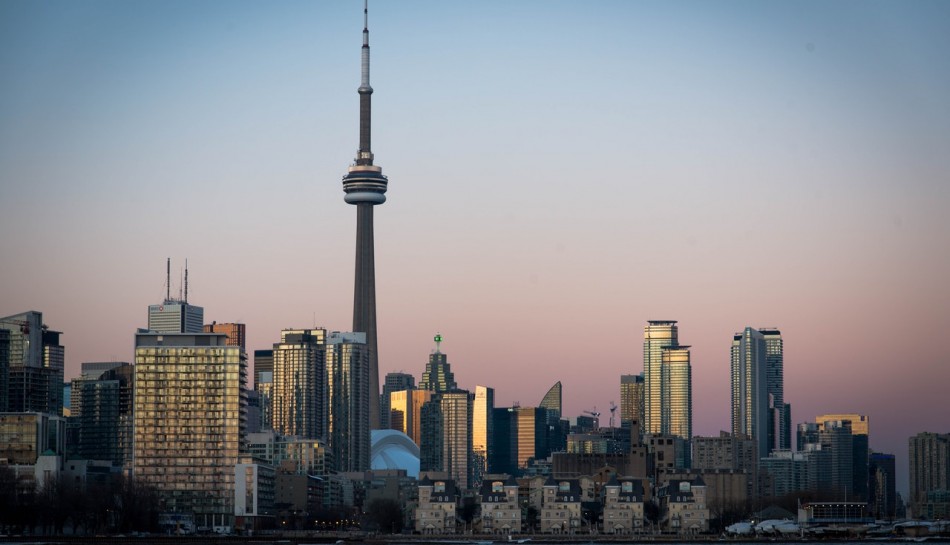Prime Minister says Canada will continue reopening borders "in a way that ensures the ongoing safety of all Canadians."
Canada’s prime minister says the next phase of border reopening will pertain to vaccinated travellers, but unvaccinated travellers will have to wait.
In response to a reporter’s question on when Canada will let in more vaccinated and unvaccinated tourists, Trudeau replied that in regards to letting in unvaccinated travellers: “I can tell you right now, that’s not going to happen for quite a while.”
“Before we get to reflecting on what international travellers who are not fully vaccinated might be able to do…The next step will be looking at what measures we can allow for international travellers who are fully vaccinated,” Trudeau told reporters at a press conference on July 8. “That will be our first focus, and we will have more to say in the coming weeks.”
Canadian health officials are watching key metrics to determine whether border restrictions can be eased further. These include the spread of COVID-19 in Canada, hospitalization rates, vaccination rates and also how many fully-vaccinated incoming travellers are carrying COVID with them.
The prime minister had previously said that 80 per cent of Canadians will have to be fully vaccinated before border restrictions can be loosened. Canada is expected to hit this metric by the end of the month.
Canada’s current travel restrictions are set to expire on July 21. By then, the rules will either be extended or changed. When they were extended in June, the federal government also started rolling back quarantine measures for fully vaccinated travellers who are already exempt from travel restrictions. As of July 5, COVID-negative travellers who have received the full recommended dose of a Canada-approved vaccine can skip the 14-day quarantine requirement, as well as day-eight testing.
The Trudeau government has been facing pressure from within Canada and the U.S. for a comprehensive border reopening plan. Especially for the multi-billion dollar tourism sector, which has been hard-hit by travel restrictions.
Business groups are also calling on the feds to hold off having a federal election until a reopening plan is in place, the Globe and Mail reports. Currently, Trudeau’s party, the Liberals, are in a minority government. Rumours suggest Trudeau is considering calling an election later this year seeking a majority. If the government does go into an election, it could mean border reopening momentum would be frozen as political leaders could no longer make big decisions on policy.
In the press conference, Trudeau did not commit to hold off on an election, but did say the government would continue to support businesses that have been affected by the pandemic.
“We will continue the reopening of our borders, but we will do it in a way that ensures the ongoing safety of all Canadians,” Trudeau said.
Source : cicnews.com
















